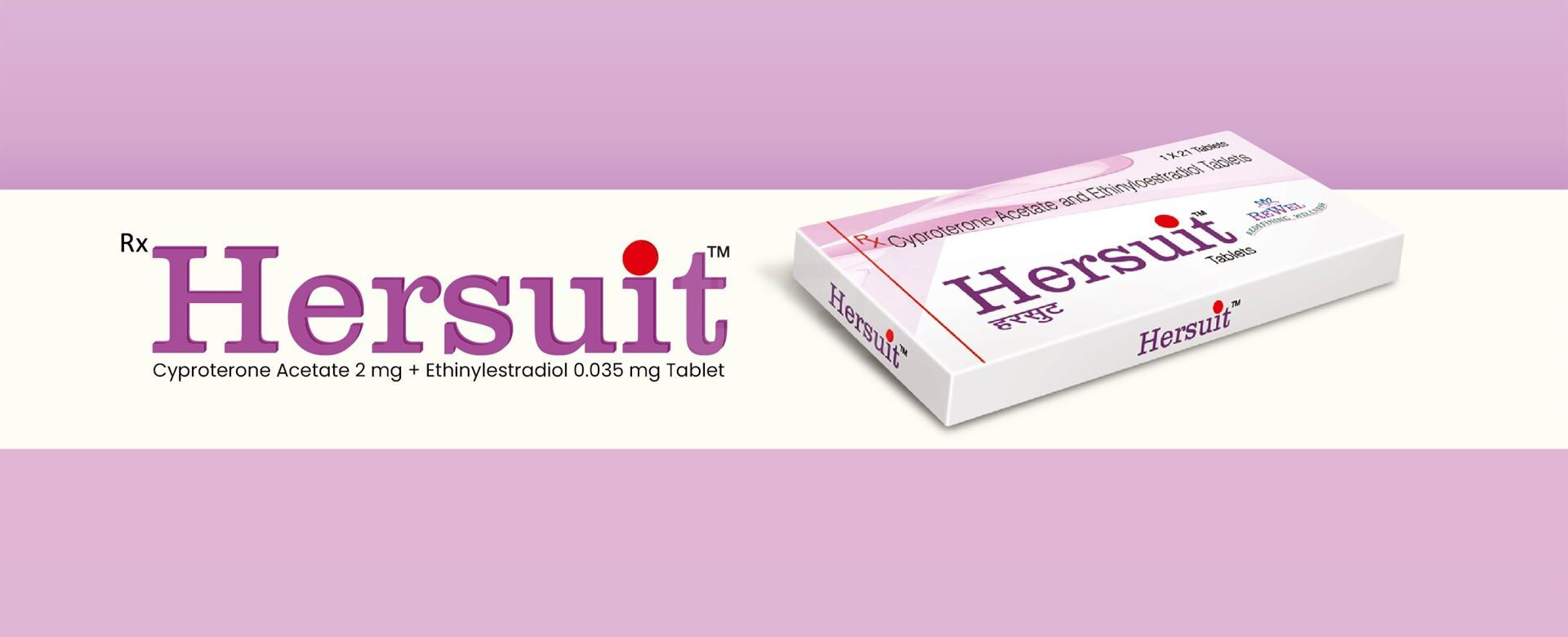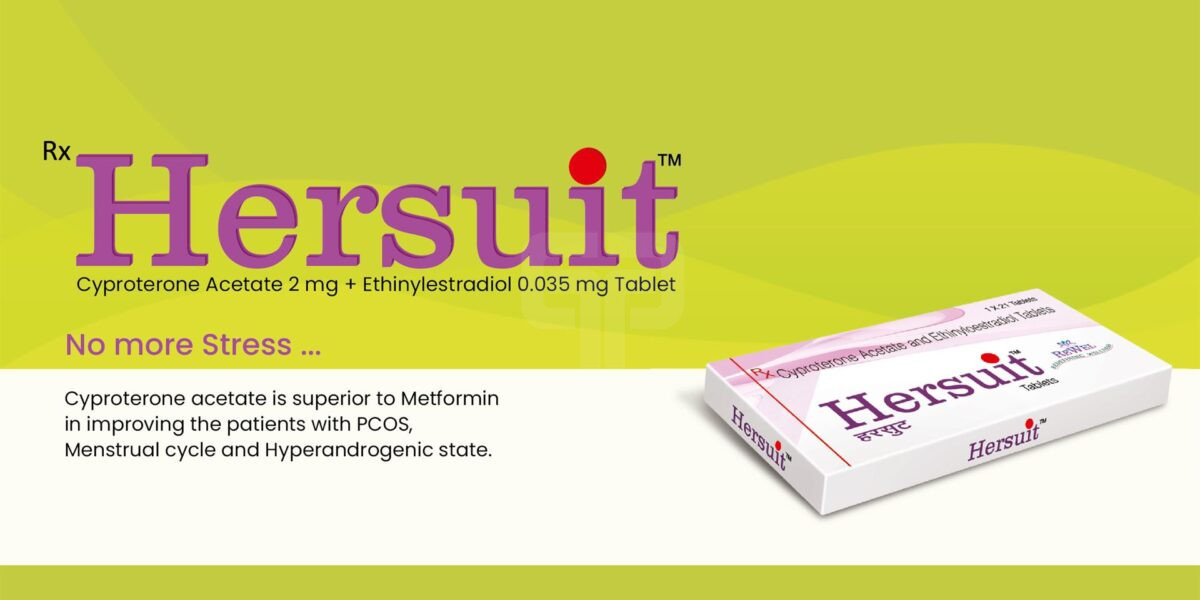Diagnosis & treatment options for Hirsutism
What is Hirsutism?
Hirsutism is a medical condition characterized by the growth of excess hair in specific areas of the body. It is primarily observed in individuals who are assigned female at birth or women. Although the exact cause of hirsutism is unknown, it is often a symptom of underlying medical conditions, such as polycystic ovary syndrome. Various treatment options for hirsutism are available, including weight management, medications, and other hair removal methods.
Who does hirsutism affect?
Hirsutism is a condition that predominantly impacts women and individuals who are assigned female at birth (AFAB). Although it can affect men and those who are assigned male at birth (AMAB), it can be challenging to distinguish hirsutism from typical thick, dark, and long hair growth, also known as terminal hair.
If you have a family history of conditions that cause hirsutism, particularly polycystic ovary syndrome (PCOS) and congenital adrenal hyperplasia, you are more likely to develop this condition. Additionally, being overweight can increase the likelihood of hirsutism.
People of Mediterranean, Hispanic, South Asian, or Middle Eastern descent are also at a higher risk of developing hirsutism.
Hirsutism is a rare occurrence in children. If it occurs in children, it is usually a sign of a more severe underlying medical condition.

How common is hirsutism?
Around 5% to 10% of women and individuals who are assigned female at birth (AFAB) during their childbearing years are affected by hirsutism. Moreover, over 40% of women and AFAB are affected by this condition at some point in their lives.
How does hirsutism affect your body?
Hirsutism does not have a direct impact on your physical health. However, it can have adverse psychosocial and psychological effects. Societal and social group pressures can affect your thoughts and emotions (psychosocially), while your self-perception and behavior can be impacted (psychologically). As a result, you may experience emotional stress, anxiety, and depression.
What are the symptoms of hirsutism?
The main symptom of hirsutism is the excessive growth of hair in areas typically associated with male pattern hair growth, such as the face, chest, back, abdomen, and upper thighs. Other symptoms that may be associated with hirsutism include:
- Thick, dark, and coarse hair growth in the affected areas
- Oily skin
- Acne
- Irregular menstrual periods
- Deepening of the voice
- Male pattern baldness
- Enlargement of the clitoris
- Decreased breast size
It’s important to note that the symptoms of hirsutism can vary depending on the underlying cause and severity of the condition. Therefore, it’s advisable to consult a healthcare professional for proper diagnosis and treatment.

What is the cause of hirsutism in women?
Hirsutism in women is primarily caused by an excess of androgen hormones in the body, which are typically considered male hormones but are also present in women in smaller amounts. High levels of androgens can cause excessive hair growth in areas of the body where terminal hair is typically seen in males.
What tests will be done to diagnose hirsutism?
The most common underlying medical conditions associated with hirsutism in women include polycystic ovary syndrome (PCOS), which is a hormonal disorder that affects the ovaries; Cushing’s syndrome, which is caused by an excess of cortisol hormone; and congenital adrenal hyperplasia, which is a genetic disorder that affects the adrenal gland.
Other potential causes of hirsutism in women include certain medications, such as anabolic steroids and testosterone, as well as tumors of the ovaries or adrenal glands. However, in many cases, the cause of hirsutism may not be identified.
To diagnose hirsutism, a healthcare professional will typically conduct a thorough physical examination and medical history review. The healthcare provider may also recommend one or more of the following tests:
Hormone level testing: A blood test to measure the levels of hormones, such as testosterone, luteinizing hormone (LH), follicle-stimulating hormone (FSH), dehydroepiandrosterone sulfate (DHEAS), and cortisol.
Imaging studies: Imaging studies such as an ultrasound or MRI may be recommended to check for ovarian or adrenal tumors.
Glucose tolerance testing: A glucose tolerance test may be recommended to check for insulin resistance, which is often associated with PCOS.
Skin biopsy: A small sample of skin from the affected area may be removed and examined under a microscope to rule out other skin conditions that may cause excessive hair growth.
